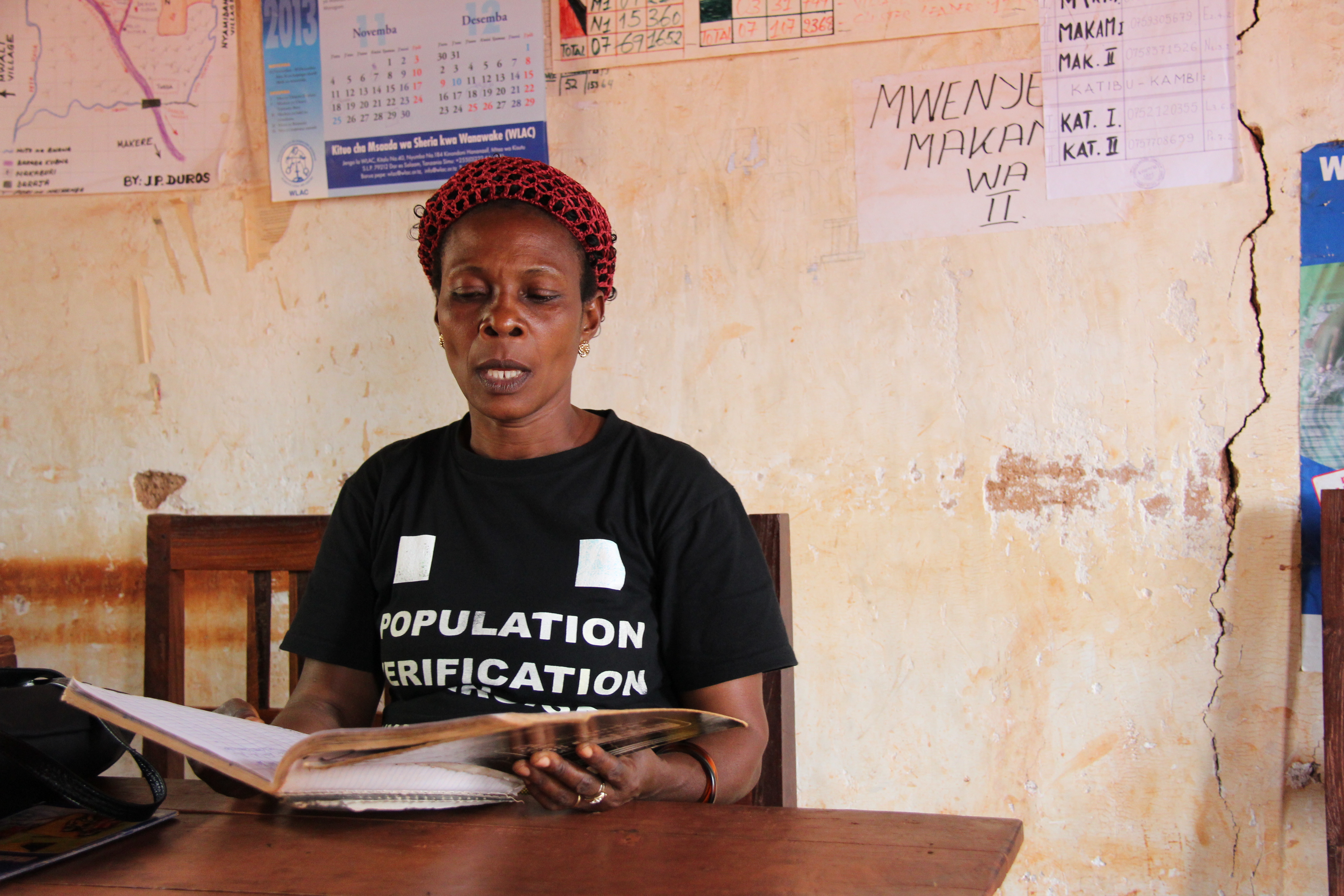Number of refugees from Central African Republic approaches 40,000 mark
Number of refugees from Central African Republic approaches 40,000 mark

GENEVA, April 5 (UNHCR) - The UN refugee agency on Friday reported that the number of civilians fleeing instability in Central African Republican has risen to almost 40,000 and people continue to cross borders and seek shelter in neighbouring countries.
"Over the last two weeks our offices have reported fresh arrivals into Chad, Cameroon and Democratic Republic of the Congo. In all, and since the conflict began last December, there are now 37,000 CAR [Central African Republic] refugees in the region," UNHCR spokesman Adrian Edwards told journalists in Geneva.
The refugees are mainly from the CAR capital, Bangui, as well as the cities of Bangassou, Rifai and Zemio in the south-eastern part of the country bordering Democratic Republic of the Congo (DRC).
Since December, more than 30,800 refugees have found asylum in northern DRC. Chad has received 5,600 CAR refugees and 1,024 arrivals have been registered in Cameroon.
Edwards said the needs of these refugees were significant. "Many left their homes in a hurry and were unable to bring personal belongings with them. People are either without places to live or being accommodated by local families - who themselves live in extreme poverty," he explained.
UNHCR is working with the authorities in all three receiving countries to provide protection and assistance. "Our teams across the region are registering the refugees, distributing aid and setting up emergency shelters. We are also working with our humanitarian partners to provide health and education support wherever possible. This is often in remote and hard to reach locations," Edwards said.
In Chad, UNHCR has helped transfer refugees away from the border to Moro, a camp already hosting refugees from CAR.
The UNHCR spokesman said the agency had so far managed to help more than 26,750 people in northern Democratic Republic of the Congo. Those in Equateur province are in one camp and 19 temporary sites. In the area of Zongo, across the Oubangui River from Bangui, UNHCR is planning to expand the Worobe camp.
"Further north in Inke, North Oubangi District, our colleagues have also begun clearing 400 hectares of land given by the authorities to create initial capacity for at least 10,000 refugees," Edwards said, adding that "by moving refugees into camps we hope to improve the situation. Currently, people are scattered along a 600-kilometre stretch of the CAR border, making it hard to meet their needs."
The areas where refugees are located lack basic infrastructure. Health centres are short of medicine and qualified medical staff. On March 29, for example, an infant died from internal bleeding in Mobayi General Hospital because she could not be attended to in time.
Further east, in Orientale Province, UNHCR is running a main transit centre at Bondo but plans to build six additional ones and rehabilitate another.
Meanwhile the situation remains volatile in CAR, where another 173,000 civilians have been uprooted by the recent violence. Before the March 24 coup, there were 187,889 CAR refugees in neighbouring countries.








